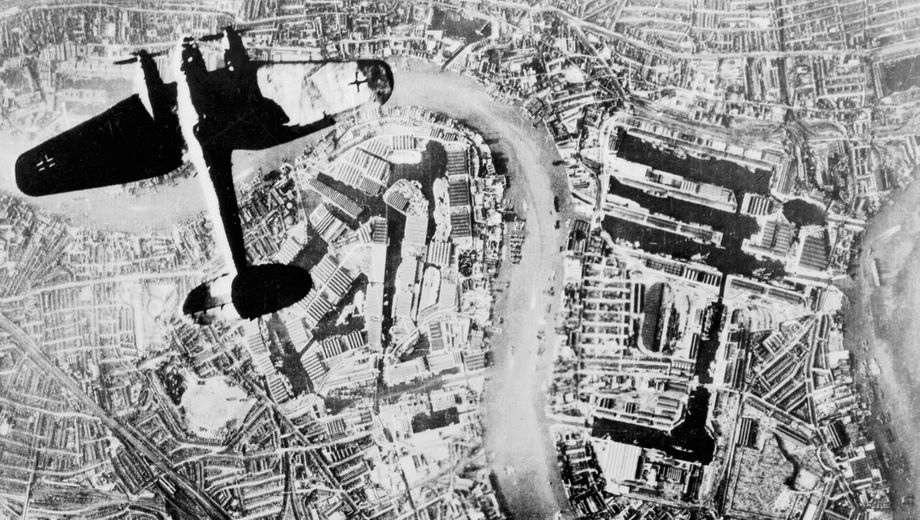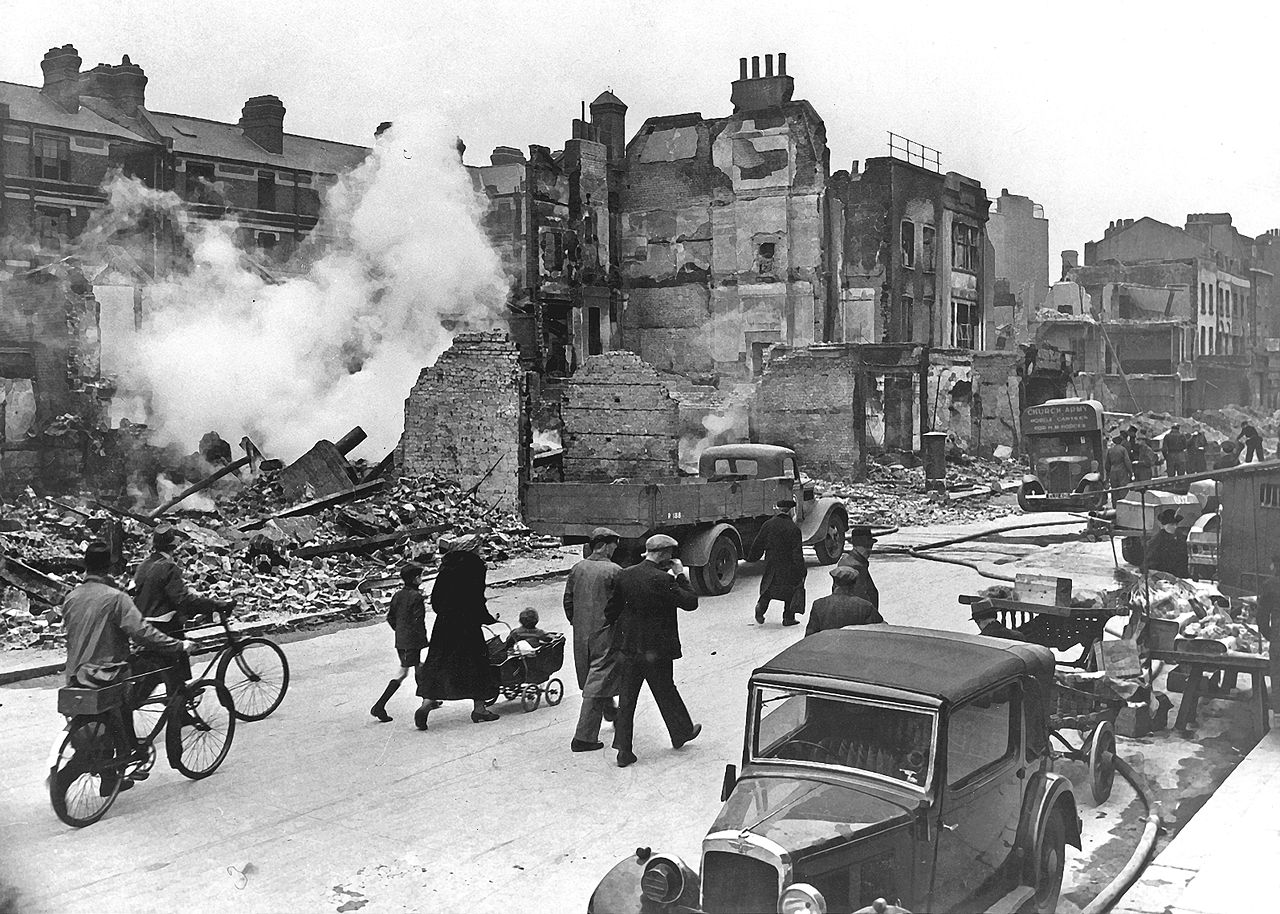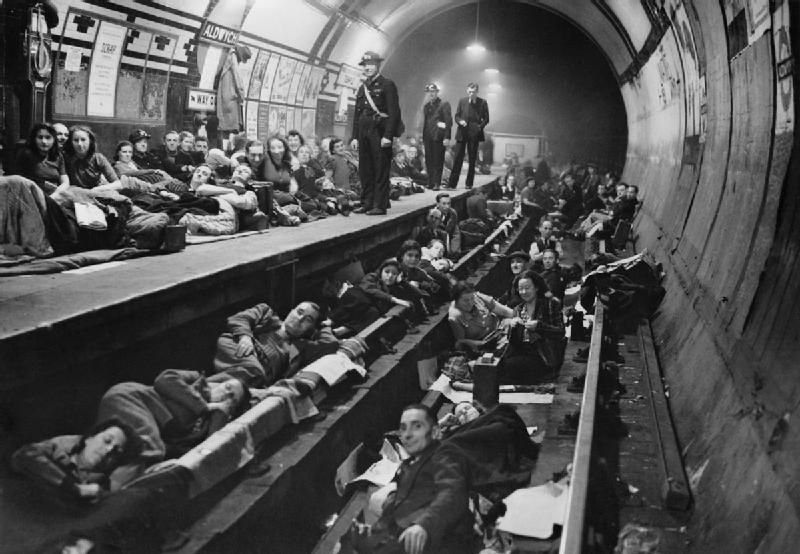
- For PC
- For MAC
- For Linux
- OS: Windows 10 (64 bit)
- Processor: Dual-Core 2.2 GHz
- Memory: 4GB
- Video Card: DirectX 11 level video card: AMD Radeon 77XX / NVIDIA GeForce GTX 660. The minimum supported resolution for the game is 720p.
- Network: Broadband Internet connection
- Hard Drive: 23.1 GB (Minimal client)
- OS: Windows 10/11 (64 bit)
- Processor: Intel Core i5 or Ryzen 5 3600 and better
- Memory: 16 GB and more
- Video Card: DirectX 11 level video card or higher and drivers: Nvidia GeForce 1060 and higher, Radeon RX 570 and higher
- Network: Broadband Internet connection
- Hard Drive: 75.9 GB (Full client)
- OS: Mac OS Big Sur 11.0 or newer
- Processor: Core i5, minimum 2.2GHz (Intel Xeon is not supported)
- Memory: 6 GB
- Video Card: Intel Iris Pro 5200 (Mac), or analog from AMD/Nvidia for Mac. Minimum supported resolution for the game is 720p with Metal support.
- Network: Broadband Internet connection
- Hard Drive: 22.1 GB (Minimal client)
- OS: Mac OS Big Sur 11.0 or newer
- Processor: Core i7 (Intel Xeon is not supported)
- Memory: 8 GB
- Video Card: Radeon Vega II or higher with Metal support.
- Network: Broadband Internet connection
- Hard Drive: 62.2 GB (Full client)
- OS: Most modern 64bit Linux distributions
- Processor: Dual-Core 2.4 GHz
- Memory: 4 GB
- Video Card: NVIDIA 660 with latest proprietary drivers (not older than 6 months) / similar AMD with latest proprietary drivers (not older than 6 months; the minimum supported resolution for the game is 720p) with Vulkan support.
- Network: Broadband Internet connection
- Hard Drive: 22.1 GB (Minimal client)
- OS: Ubuntu 20.04 64bit
- Processor: Intel Core i7
- Memory: 16 GB
- Video Card: NVIDIA 1060 with latest proprietary drivers (not older than 6 months) / similar AMD (Radeon RX 570) with latest proprietary drivers (not older than 6 months) with Vulkan support.
- Network: Broadband Internet connection
- Hard Drive: 62.2 GB (Full client)

Things were not going well for the Royal Air Force. The influx of foreign pilots was a welcome boost to morale and manpower, but attrition was still high and the much larger Luftwaffe were able to better absorb their losses. When the RAF launched a bombing raid on the German capital of Berlin, it caused a surprising and advantageous response - and the resulting attacks also revealed a strong side of the English people.
|
The best laid plans of mice and men can go awry. One mistake, a single insult, an enraged tyrant screaming words of hate and war - and in the end only to place his own obituary. To the winged warriors, salvation and vindication driving their desire to fulfill their cause. The enemy scattered, their moral drained, a mission that would ultimately result in a failure.
|
With over a month of intense fighting and heavy losses, Hitler was furious, whilst Göring appeared to be merely annoyed and frustrated. For the Luftwaffe, any crew that were unable to approach occupied France were considered to be a complete loss, as those who ‘bailed out’ or survived a crash landing on English soil would ultimately become a prisoner of war. RAF crews, however, were often back in the air the next day if in similar circumstances. To minimise the effects of attrition, the Luftwaffe engaged in an increased number of night attacks, where they would be safe from fighter interception. This also negatively affected the outcome of their mission, as the chance of hitting their intended target was greatly reduced. Effective daylight attacks on RAF territory continued...
London was struck with accidental bomber attack, an attack which was never originally planned by Hitler’s decree. In the chaos of war, a bomber formation struck civilian areas inadvertently. In response to this, Prime Minister Churchill ordered the bombing of factories situated in Berlin, to be completed in long distance missions by British ‘Wellington’ bombers, however, navigational errors and bad weather caused them to inadvertently bomb civilian areas.
|
Göring's promise of a safe Berlin was shattered, and Hitler immediately ordered unrestrained retaliation, which would allow the bombing of civilian areas. On September 3rd, Göring began to plan major bombing raids on London, and the next day Hitler announced a promise to annihilate English cities, the first major mission intending to do so starting September 7th in what he called "Operation Loge”. This mission is commonly known as “The Blitz".
As there was no longer a need to avoid civilian populated areas, bomber accuracy was no longer necessary. The destruction of random targets was actually prefered to instill terror into their foe, a terror Hitler specifically wanted to cause. Areas which were once not considered under threat were now in serious danger of attack. With this order, daytime attacks on military targets made way for Night time attacks, a campaign that would last for 57 days, about as long as the all previous efforts by the Luftwaffe. This allowed a drop in the effects of attrition, however AA fire still took it’s toll.
On the night of September 27th, just East of Whitstable, a crippled Ju-88 crash landed on it’s belly. When the local volunteer guard came to investigate and confront the crew, they were surprisingly met with a hail of machinegun fire. The guards were able to pin the Junkers crew down and surround them, eventually leading to their surrender. One crew member was wounded in the foot, but bandaged up they were transported to the guards’ command post at the Sportsman Inn pub. In the end, they enjoyed animated conversation and a few pints of beer before the military police took the crew to a POW camp. It became known as “The Battle of Graveney Marsh”, the first and last ground-battle on English soil in 723 years, and one where the combatants made amends.
For the RAF, it was a victory. With the attacks not directly aimed at their bases and equipment, they were able to quickly return to full strength and repair the damage that had been caused to bases along the South and East of London. The RAF also rapidly developed their own night fighters, whilst the RAF bomber fleet increased night raid missions against German industry, reciprocating the damage the Luftwaffe had caused. The citizens of England bore the brunt of the the new campaign, but their resolve under Churchill's leadership held strong despite night after night of bombing.
In Berlin, Hitler was exasperated by the lack of success. Unable to gain any advantage over the RAF, he wanted an end to this conflict. He did not desire to invade England, and there was uncertainty as to the possible success of launching an amphibious landing invasion on that scale. On the 17th of September 1940, he "postponed" his invasion plans indefinitely, but realistically abandoned them completely. A much bigger target was on his mind... The Soviet Union.
_Squadron_RAF_in_front_of_Hawker_Hurricane_Mk_I_at_Duxford,_Cambridgeshire,_7_September_1940__CH1299.jpg)





